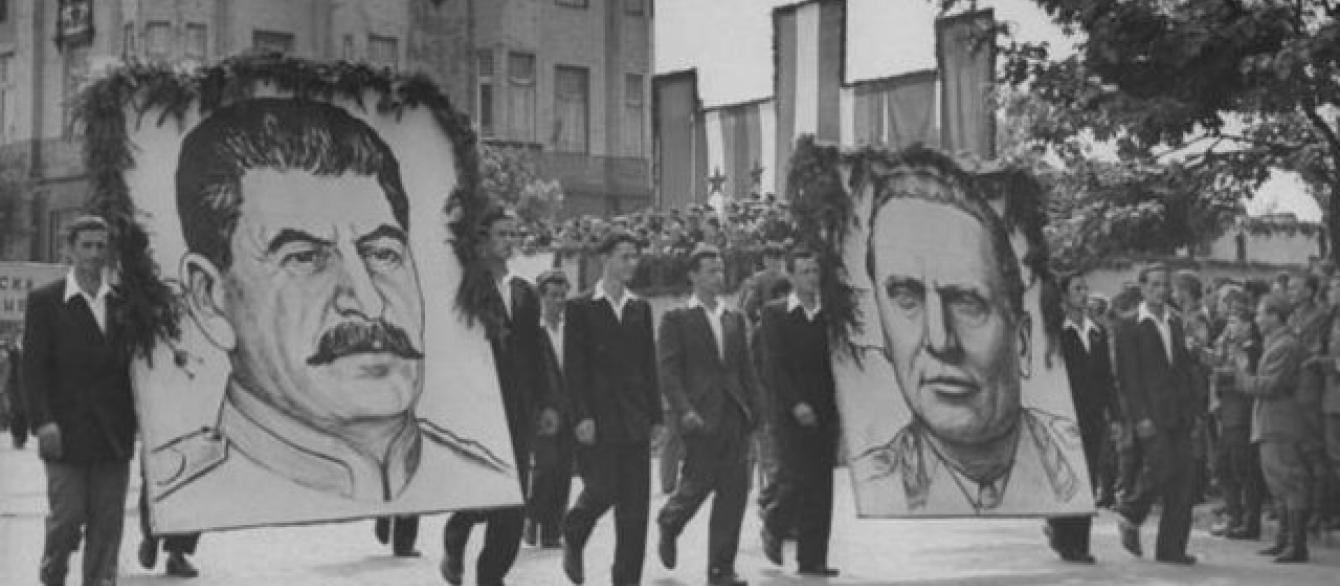The Soviet Union and Yugoslavia emerged from the Second World War as staunch Communist allies, but in June 1948 the Soviet leader Joseph Stalin turned angrily against Yugoslavia and its leader, Josip Broz Tito. Over the next five years, the Soviet Union prepared for a large-scale invasion of Yugoslavia. Stalin's death in Mach 1953 brought an end to the bitter confrontation between Moscow and Belgrade, and over the next 35 years Yugoslavia pursued a policy of nonalignment, keeping its distance from both East and West.
Accessibility
The Davis Center for Russian and Eurasian Studies at Harvard University encourages persons with disabilities to participate in its programs and activities. If you anticipate needing any type of accommodation or have questions about the physical access provided, please contact us at 617-495-4037 or daviscenter@fas.harvard.edu in advance of your participation or visit. Requests for Sign Language interpreters and/or CART providers should be made at least two weeks in advance if possible. Please note that the Davis Center will make every effort to secure services but that services are subject to availability.




